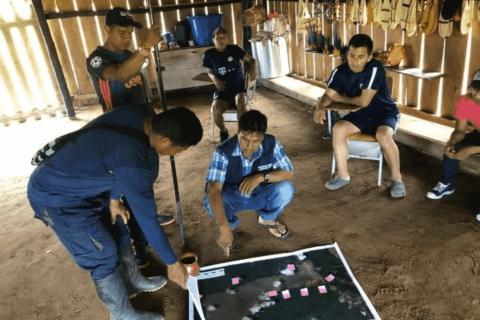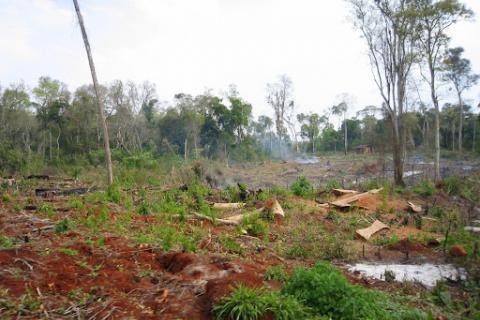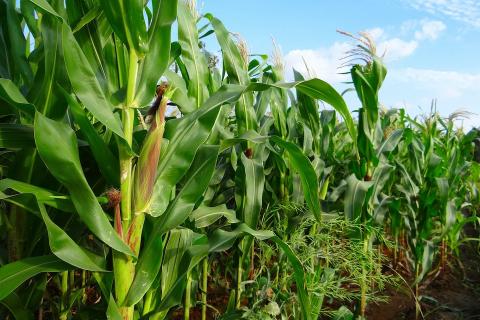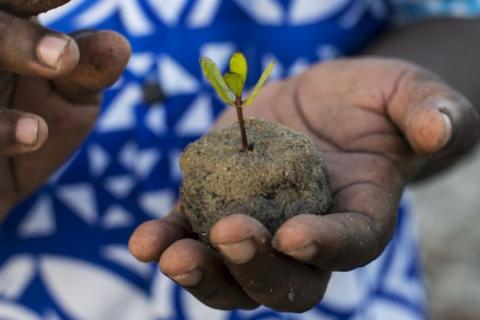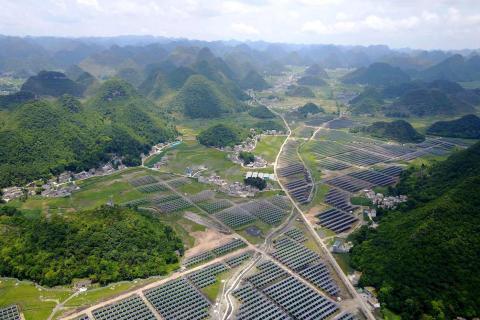Understanding the link between Climate & LAND-at-scale country projects - Climate Change and Land Governance in the Indigenous Reserve Teofina La Arenosa, in Solano, Caquetá, Colombia
As part of a scoping study titled Land Governance for Climate Resilience: A review and case studies from LAND-at-scale projects headed by Richard Sliuzas, Emeritus Professor, University of Twente, Tropenbos Colombia dove into the links between climate and land governance in their project.

